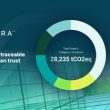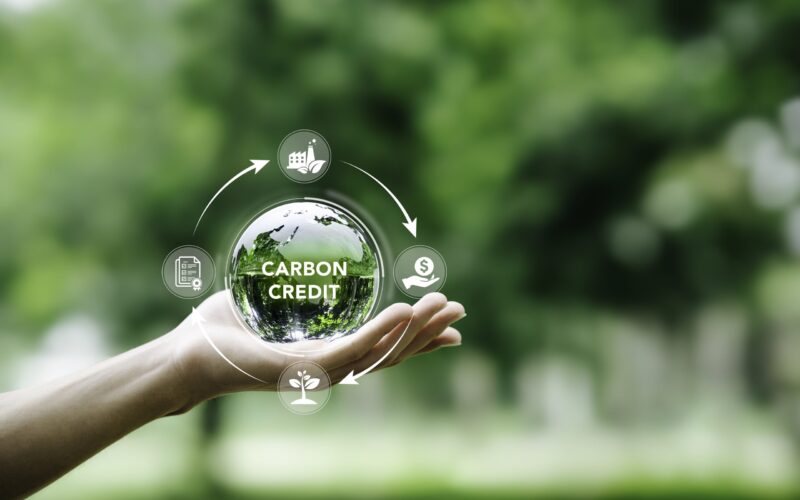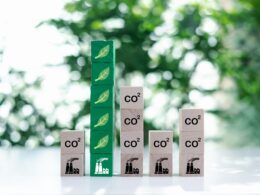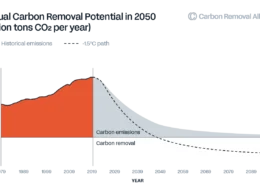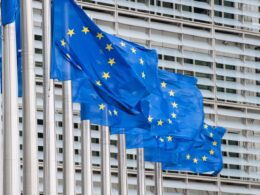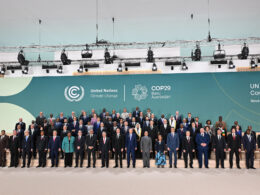Saudi Arabia has launched a carbon-trading market, debuting the programme a day after global climate negotiators reached a breakthrough agreement on rules for a United Nations-administered emissions market. The kingdom’s Regional Voluntary Carbon Market Co. (RVCMC) will auction over 2.5 million tons of carbon credits from Tuesday, aimed at funding climate projects across the global south and supporting Saudi Arabia’s net-zero ambitions, according to a statement.
Supporters of carbon markets argue that they unlock substantial financing, enabling polluters to meet climate targets by purchasing credits from projects that reduce emissions. However, recent allegations of greenwashing have cooled global demand for carbon credits.
RVCMC’s platform adheres to guidelines from the Integrity Council for the Voluntary Carbon Market, according to CEO Riham ElGizy. The exchange excludes credits from renewable energy and clean cooking stove projects. Two internal teams conduct due diligence on projects generating credits, with required accreditation from verifiers Sylvera or BeZero. “It’s a lot of overhead on companies, but this is the only way we can protect our buyers and provide some confidence to them,” ElGizy stated.
Targeting one of the world’s largest voluntary carbon markets by 2030, Saudi Arabia’s first auction will include credits from climate projects in Bangladesh, Brazil, Ethiopia, Malaysia, Pakistan, and Vietnam. Currently, twenty Saudi companies and two international firms are registered to purchase credits.
Previously, RVCMC conducted two voluntary carbon credit auctions, first in Riyadh and then in Nairobi. The Saudi Public Investment Fund owns an 80% stake in the company, with the stock exchange owner Tadawul Group holding the remaining 20%.
While Abu Dhabi was the first in the Middle East to launch a carbon exchange, its platform closed last month after a year of operation. Regional governments, including Saudi Arabia, do not mandate companies to offset their emissions.











